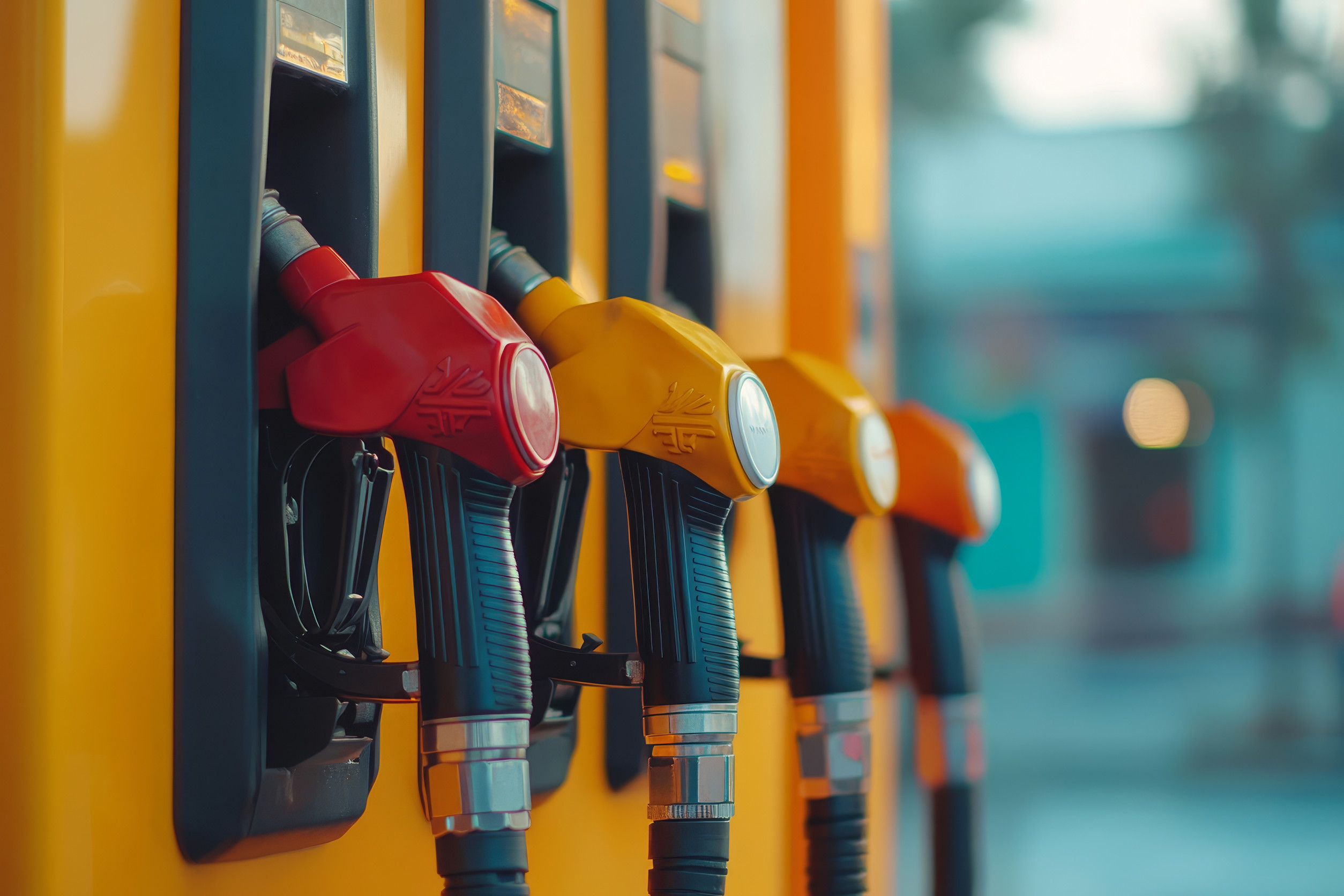The year is 2025, and climate change is no longer a distant theory—it’s the daily headline. Electric vehicles are now not just trendy but mainstream, with charging stations multiplying across cities like coffee shops. Governments around the world are tightening emissions standards, and automakers are pledging all-electric lineups within the decade.
Against this backdrop, the decision to buy a gas-guzzling SUV or pickup truck isn’t just a personal choice anymore—it’s a statement. But is it simply old-fashioned, or is it downright irresponsible?
Climate Reality Check
The science is clear: burning fossil fuels contributes heavily to greenhouse gas emissions. Transportation is one of the largest contributors to carbon dioxide in the atmosphere, with internal combustion engines playing a starring role.
When someone buys a gas-guzzler in 2025, they’re buying into a system that exacerbates a worsening crisis. It’s not just about personal fuel consumption—it’s about the ripple effects of our collective choices. Choosing a vehicle that emits far more than necessary sends a message that the climate crisis is someone else’s problem to solve.
Technological Alternatives Have Arrived
In the past, people could reasonably argue that electric vehicles were too expensive or too inconvenient. But in 2025, those excuses are wearing thin. EVs are now competitively priced with gas-powered vehicles, and the growing network of fast-chargers makes range anxiety a thing of the past.
Advances in battery tech have extended driving ranges, and the variety of EV options—from compact city cars to rugged electric trucks—is larger than ever. With viable alternatives readily available, sticking with a gas-guzzler feels less like a necessity and more like a refusal to adapt.
Economic Arguments Are Changing
One of the biggest justifications for buying gas-guzzlers used to be utility, especially for work or family-related needs. But now, there are electric trucks that can tow boats, haul lumber, and still deliver impressive mileage. Beyond that, the total cost of ownership is tilting heavily in favor of EVs, thanks to lower fuel costs, fewer maintenance issues, and available government incentives.
Gas prices remain volatile, and in many regions, filling up a tank can feel like paying a premium for nostalgia. In today’s economic landscape, a gas-guzzler often costs more in both the short and long run.
Social and Ethical Implications
In an era when climate awareness is rising, so is the scrutiny of consumer choices. Driving a gas-guzzler today can draw social criticism in ways it didn’t a decade ago. Many people view it not just as a preference but as a disregard for the planet and the communities affected most by climate change. Wildfires, floods, and heatwaves are no longer abstract—they’re personal for millions.
Opting for a high-emission vehicle when cleaner options exist may feel, to some, like turning your back on a collective responsibility.
Lifestyle Versus Responsibility
Of course, there are those who argue that lifestyle shouldn’t be dictated by environmental guilt. For some, a large SUV or truck is part of their identity, their work, or their daily life in rural areas where infrastructure is still catching up. And while those needs can be valid, they are becoming less defensible as new tech continues to close the gaps. The tension between personal freedom and collective impact is real, but pretending it doesn’t exist is no longer an option. Every gas-guzzler on the road contributes to a future we all have to live with.
The Role of Policy and Regulation
Governments around the world are stepping in with stronger emissions regulations and incentives for cleaner cars. In some places, gas-guzzlers are already being penalized with higher taxes, congestion charges, or outright bans in city centers.
The writing is on the wall: high-emission vehicles are on borrowed time. Automakers, too, are scaling back production of traditional engines and investing heavily in electric platforms. When industry and policy both pivot away from gas, clinging to a gas-guzzler feels increasingly out of sync.
The Emotional Pull of the Past
It’s important to acknowledge that cars are more than just machines—they’re emotional purchases tied to memories, dreams, and cultural identities. For many, the roar of a V8 engine represents freedom, power, or a link to a beloved hobby or tradition.
That emotional connection is real, but it’s worth asking whether nostalgia should outweigh necessity. In a world where the environmental stakes are rising, the luxury of sentimentality may no longer be a responsible excuse. There’s a difference between appreciating the past and refusing to move forward.
Are There Responsible Exceptions?
Not every gas-guzzler owner is recklessly burning through barrels of oil. There are legitimate edge cases—farmers in remote areas, emergency responders, and those whose work demands long-range travel far from any charger. But these exceptions are exactly that: exceptions, not the rule.
The vast majority of gas-guzzler purchases happen in urban and suburban settings, where viable EV options already exist. Using rare cases to justify widespread behavior is a slippery slope that weakens our collective progress. It’s time to separate real need from comfort-driven convenience.
The Future Is Watching
Young people today are more climate-conscious than ever, and they’re paying attention to the choices made by older generations. What we buy, drive, and consume sends a message to the next wave of decision-makers. Do we show them that convenience trumps consequence, or that change is worth embracing? Choosing a gas-guzzler in 2025 isn’t just about today—it shapes tomorrow’s culture, policies, and environmental outcomes. When history looks back on this era, our vehicle choices will be part of the story.
Responsibility on the Road
So, is it irresponsible to buy a gas-guzzler in 2025? In most cases, yes. With cleaner, smarter, and more sustainable options available, clinging to high-emission vehicles often reflects a refusal to evolve rather than a genuine need. That doesn’t mean every driver is evil—it just means the bar for responsible ownership is higher now. As individuals, we may not solve climate change alone, but we each have a role in steering the world away from the brink.
What do you think? Is there still a place for gas-guzzlers in today’s world, or is it time to leave them behind?
Read More
9 Things You Must Check Before Buying a Car
Gas Prices On The Rise – What Else Is New?



Leave a Reply